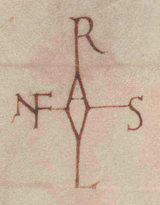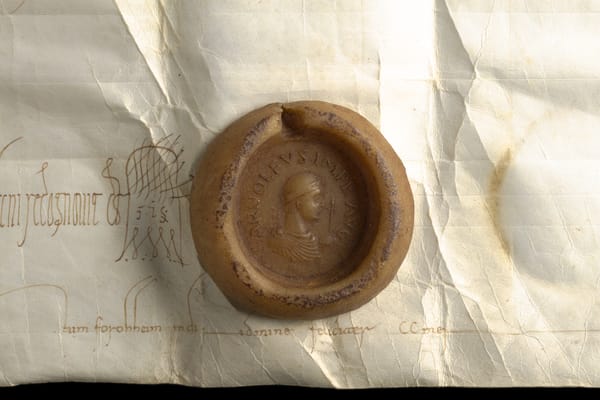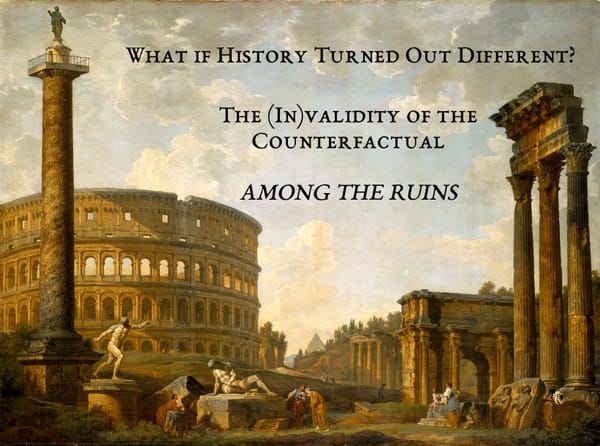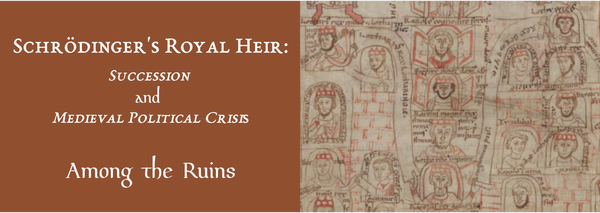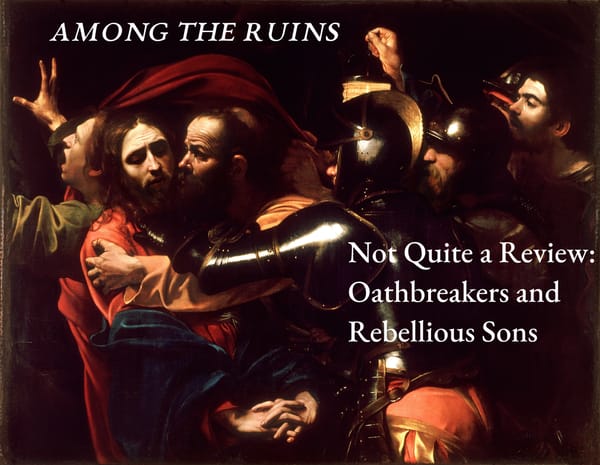The Short Read: The Conversation (1974) as Historian's Method
How does The Conversation (1974) reflect the methods of the historian? I discuss the similarities in this post.
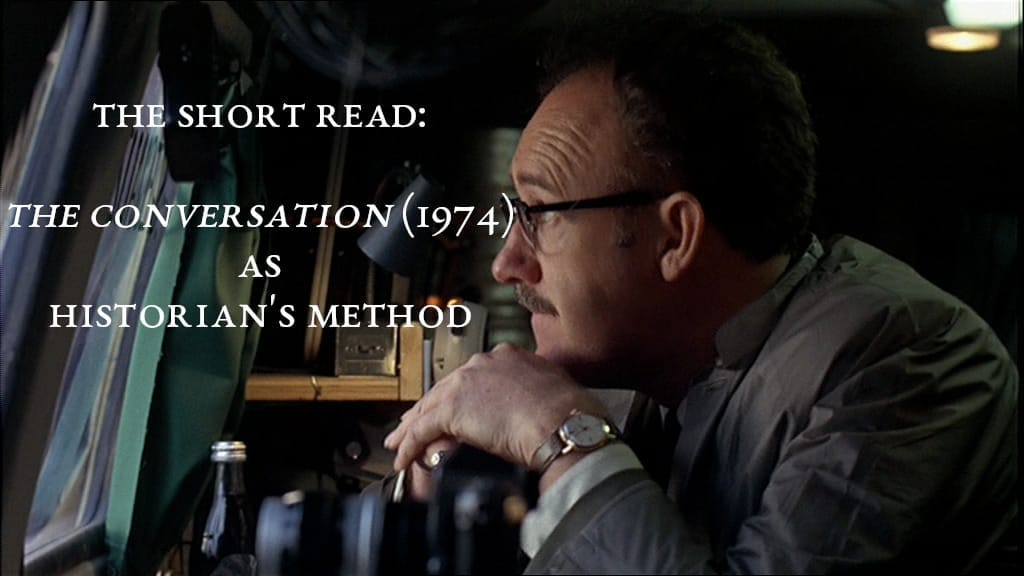
This is a new thing I am trying out, called The Short Read, which are smaller pieces related to ideas about history, writing, and craft, instead of my normal research-focused posts.
Recently I had a friend over for a movie night at my apartment and while discussing what movie to put on discovered that he had never seen Francis Ford Coppola's The Conversation (1974). One of the reasons I like that movie so much is because it speaks to me as a historian. In particular, and I often tell people this, the movie is very similar to the process of the historian.
For those unfamiliar with the movie, be warned that spoilers will follow, but the movie is 50 years old so go watch it first if you really care. Gene Hackman's character, Harry Caul, is an audio surveillance guy who gets hired to make recordings of various people. In the course of his assignment, a couple weaving in and out of a crowd, he creates a tape of parts of their conversation.
First, much like the historian, one "source" is not enough to capture the entire conversation. Instead Caul relies on various different types of surveillance to weave together the audio file. Some from a guy on the nearby roof, some from tailing them, etc. Historians too rarely have one source that tells us everything we need to know. In order to get at the questions we want to ask historians generally take several types of sources. I might use a letter, a chronicle, and a charter to help flesh out a specific event in time.
Once Caul has compiled all the sources together, he then begins the process of refining it. Eventually he isolates a phrase from the background noise, where one of the couple notes "he'd kill us if he got the chance." This sets up the core tension of the movie.
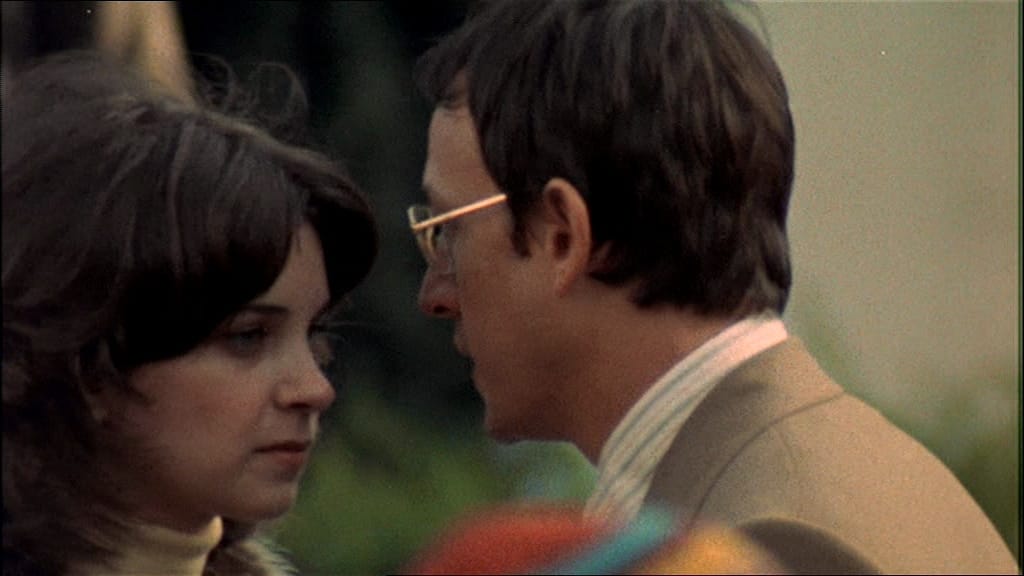
Caul becomes increasingly obsessed with unlocking the meaning of this phrase, in part because of his past when one of his tapes led to a gruesome murder. Likewise the historian is constantly readjusting and reinterpreting their sources. As Caul dives deeper into the couple's identity and their connection to the company who hired him, he develops different meanings for the same phrase. While it is always the same set of words, how Caul interprets them changes based on the context. At first he believes that the couple is in some type of danger but does not know what. When he later learns that the woman is the wife of the man who hired him, he begins to suspect the tape will lead to her death. This suspicion is furthered when he hears sounds of a struggle emanating from a next-door hotel room seemingly bringing the story to a conclusion. What Caul heard, and the layers of meaning he built up over the course of the film, led him to one conclusion.
In reality, however, Caul was wrong. It was not the couple that was in danger, instead they were plotting to murder the woman's husband. What Caul heard was their justification for murder, the struggle was of a murder but of the husband. The end of the film thus presents us with another, radical, recontextualization of the titular conversation. That is, the phrase is only comprehensible as it relates to the context of the characters and events of the movie. It is for this reason that historians spend so much time discussing context. It is not possible to simply read the words and "understand" them. How we understand language is filtered through our own mental models. This is what Pierre Bourdieu means when he challenges the "illusion of the autonomy of the purely linguistic order." For Bourdieu it was the social conditions and usage of language that gave it meaning, not simply grammar.[1] For instance a modern reader will not grasp the medieval resonances of "friendship" which had political and cultural implications.[2] Similarly, it is why historians need books such as Paolo Squatriti's Weeds and the Carolingians which addresses Carolingian understanding of plants and nature.[3] These works fill important roles in scholarship: they help us map out context that is no longer obvious to us.
That is the other important comparison with The Conversation. Caul is an outsider: he does not know what the couple is talking about or the past history, connections, etc. On the other hand, the couple knows all of this information already. When historians look back into the past they are confronted with a scenario where what is obvious to contemporaries is now hidden from us in the present. The historian's job is to find a way back into that context, which is much easier said than done. Studying history thus renders us all as Harry Caul, listening to fragments, and piecing together the narrative as best as we can.
Thanks for reading Among the Ruins! If you haven’t subscribed, please do so below and you can do your part in defeating the algorithm!
- P. Bourdieu, The Logic of Practice, trans. R. Nice (Cambridge, 1990), p. 32 ↩︎
- For example G. Althoff, Verwandte, Freunde und Getreue. Zum politischen Stellenwert der Gruppenbindungen im früheren Mittelalter (Darmstadt, 1990), translated into English by C. Carroll as Family, Friends and Followers: Political and Social Bonds in Early Medieval Europe (Cambridge, 2004). ↩︎
- P. Squatriti, Weeds and the Carolingians: Empire, Culture, and Nature in Frankish Europe, AD 750-900 (Cambridge, 2022) ↩︎

